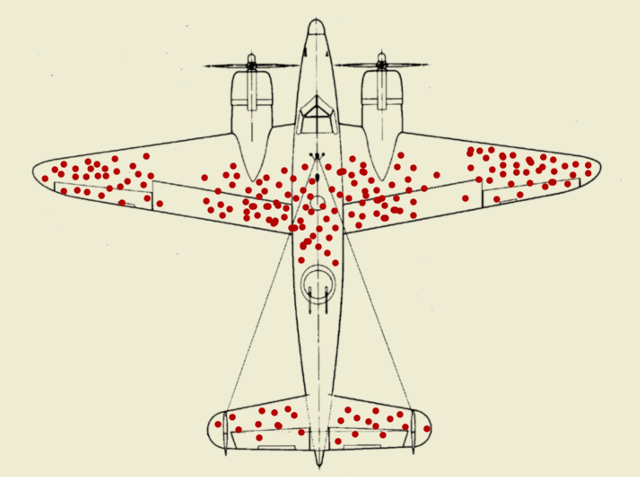More severe police injuries and deaths on that one day of rampaging Trumpers than in five years of Anti-Police protests.
Nearly 140 officers were injured during pro-Trump extremists' Capitol siege \u2014 including officers who sustained brain injuries, smashed spinal discs, one who'll likely lose an eye, and another stabbed with a metal fence stake, the Capitol Police union said.https://t.co/D9jFSkKtJm
— NPR (@NPR) January 28, 2021
But they came to resist police.
Which is completely different.
Because one group is literally arguing for human dignity and the other glorifies violence.
Once you accept that... WHO is standing opposed to you doesn't matter much.
This stark difference in approaches to violence is not trivial.
This is different than violent rage consuming anything in its path.
The clashes are characterized by protesters attempting to stand ground against police assault.
Physical contact is generally unarmed
They came with an intent to intimidate, to kidnap, to kill, to destroy and to use violence to force a specific political outcome during a governmental process.
This is nothing like anti-Brutality protest.
They TOTALLY would.
But once inside, they'd sit around singing and making speeches until someone in Congress agreed to come and speak to them and hear them out.
They're two wholly different ideologies with completely different core values.
You have to do a lot of cynical acrobatics to say they're the same.
This doesn't pan out.
Anti-police protestors and BlueLivesMatter people aren't mirror images. They don't use the same tactics to reach different goals.
Similarly, Antifascism is seen as the mirror image of fascism, but none of this makes sense.
It's illogical and ridiculous.
But comforting.
People who are anti-Police brutality do not want citizens to be able to shoot cops at will.
They want nobody shooting people.
More from Legal
A detention hearing is about to start in federal court in Arkansas in the case of Richard Barnett, the man photographed sitting in Nancy Pelosi's office (see: https://t.co/GAAENhkxf0). He's been in custody since his arrest
Prosecutors alleged Barnett was carrying a stun gun. He's charged with entering a restricted area w/ a weapon, violent entry/disorderly conduct, and theft. There isn't anything on the docket indicating what the govt/Barnett will be seeking as far as detention v. release

We're still waiting for the Richard Barnett detention hearing to start in Arkansas. Meanwhile, follow @o_ema for updates on initial appearances in DC federal court today for a few of the Capitol insurrection arrestees -->
Richard Barnett's detention hearing is underway in Arkansas — Judge Erin Wiedemann will decide if Barnett should stay behind bars. The first witness is FBI special agent Jonathan Willett, who was involved in the Capitol riot investigation
FBI agent walks the judge through surveillance videos that the agent says show Barnett walking in and out of Nancy Pelosi's office, with a "walking stick Taser" on his hip, as well as the widely disseminated photos of Barnett sitting in Pelosi's chair with his feet up
Prosecutors alleged Barnett was carrying a stun gun. He's charged with entering a restricted area w/ a weapon, violent entry/disorderly conduct, and theft. There isn't anything on the docket indicating what the govt/Barnett will be seeking as far as detention v. release

We're still waiting for the Richard Barnett detention hearing to start in Arkansas. Meanwhile, follow @o_ema for updates on initial appearances in DC federal court today for a few of the Capitol insurrection arrestees -->
Listening in on more hearings: The 1st is Kevin Loftus, WI, arrested for participating in the riots at the Capitol, charged w Class A misdemeanor. Judge decreed he is released on the condition that he does not return to DC, doesn't drink or do drugs, and doesn't break any laws.
— Ema O'Connor (@o_ema) January 15, 2021
Richard Barnett's detention hearing is underway in Arkansas — Judge Erin Wiedemann will decide if Barnett should stay behind bars. The first witness is FBI special agent Jonathan Willett, who was involved in the Capitol riot investigation
FBI agent walks the judge through surveillance videos that the agent says show Barnett walking in and out of Nancy Pelosi's office, with a "walking stick Taser" on his hip, as well as the widely disseminated photos of Barnett sitting in Pelosi's chair with his feet up


































